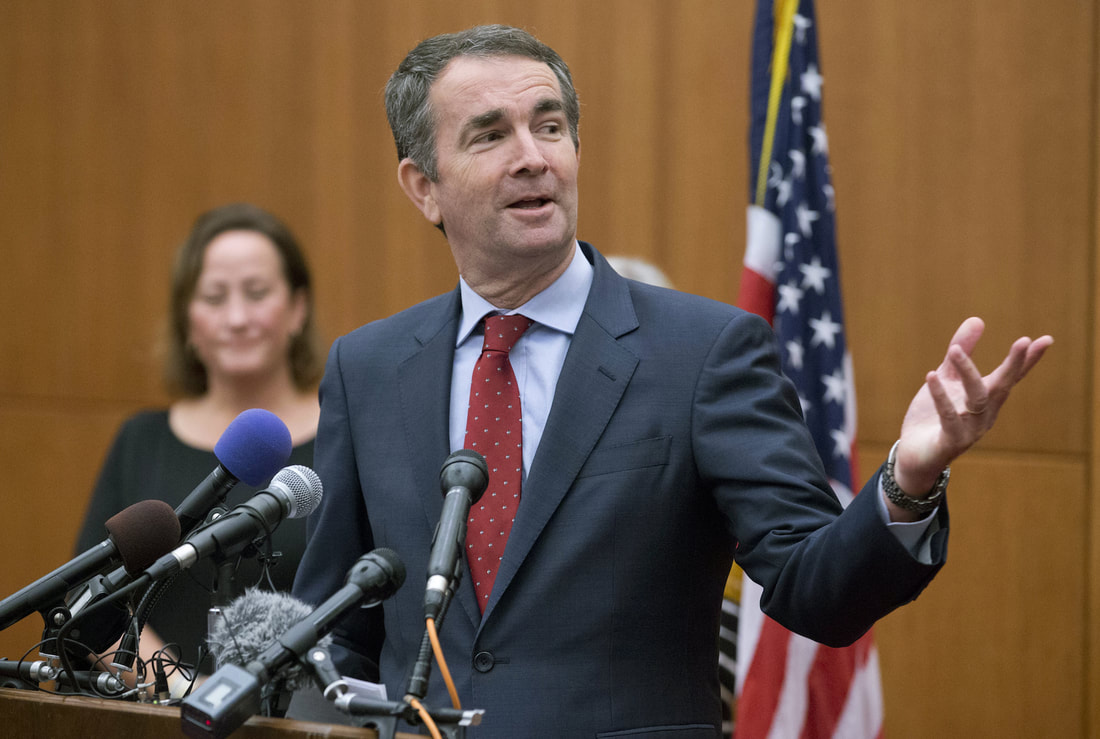|
Critical thinking is key to scientific achievement, technological progress, problem-solving, and the general development of society and culture — and that’s why The Knife advocates for it in the media. One aspect of critical thinking is spotting potentially misleading implications or assumptions. In the media, reporters can make such assumptions in their own writing, or they can cite public officials using them. There were many examples in Tuesday’s coverage of the Virginia election (we analyzed articles published before the results were released). Below, we examine a few examples and break down the implications and how they may include flawed reasoning.
Misleading implications in news reporting The following are statements in a reporter’s own words that contain misleading implications or assumptions. (We’ve bolded the problem areas in the examples below.) 1. The GOP candidate “tested the president’s political clout against the Democratic front-runner in Virginia’s race” (Reuters)
It may be useful for the news to quote politicians even when they use flawed or incomplete reasoning. But ideally, reporters would draw attention to these logical issues. 1. “Trump… wrote on Twitter the state’s economy under [Virginia’s Governor] McAuliffe ‘has been terrible.’ ‘If you vote Ed Gillespie tomorrow, it will come roaring back!’” (Reuters)
Edited by Julia Berry López, Jens Erik Gould and Rosa Laura Junco Visit the original story on Knife Media’s website Follow us on Twitter @theknifemedia Follow us on LinkedIn Comments are closed.
|
Jens Erik GouldJens is a political, business and entertainment writer and editor who has reported from a dozen countries for media outlets including The New York Times, National Public Radio and Bloomberg News Archives
February 2018
Categories
All
|

 RSS Feed
RSS Feed